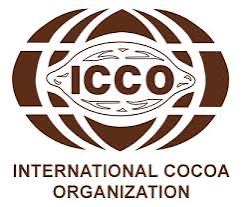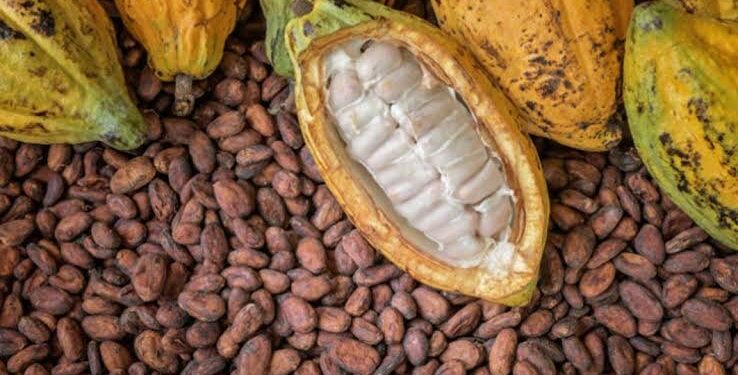According to recent data, Nigeria’s Cocoa Exports surged 304% in Q1 2024 due to rising demand and the devaluation of the naira. The country’s cocoa exports, which accounted for 42.4% of the country’s agricultural exports of 1.04 trillion naira in the same period, increased to 438.7 billion naira in Q1 2024 from 108.6 billion naira in the same period of 2023.
Cocoa prices rose by more than 567% in Q1 2024, surpassing 12 million naira per tonne for the first time in the country, as global supplies were disrupted by the worst deficits in decades from major raw material suppliers Côte d’Ivoire and Ghana.
The higher prices have prompted Nigerian farmers to revive old cocoa plantations and plant more high-yielding seedlings to replace old, unproductive trees, while simultaneously expanding the area under cultivation.
“You can imagine the efforts and the returns that are coming from the export of cocoa,” Adeola Adegoke, national president of the Cocoa Farmers Association of Nigeria, said in an interview with Journalists.

“It shows that if governments and all of us at the private sector can remain focused in terms of increasing and decentralizing the production of cocoa, Nigeria could be producing about 500,000 to 600,000 metric tons,” he noted.
According to him, what the country was able to achieve in cocoa exports in the first quarter reflects the huge potential in the production of this raw material. He noted that with proper attention and investment, the potential for increased government revenues can be fully realized.
Although the value of cocoa exports has increased to high levels, the national president of the Cocoa Association of Nigeria (CAN), Mufutua Aborarinwa, said production levels have stagnated. Abolorinwa said the increase in export earnings does not reflect the value of production.
The reason for this high revenue from cocoa export is because of the dollar exchange rate,” he noted. “Production did not necessarily increase from its current 280,000 metric tons.”
According to the latest data on global production from the International Cocoa Organization (ICCO), the country is currently the world’s fourth largest cocoa producer after Côte d’Ivoire, Indonesia, and Ghana, and will produce 280,000 tonnes in the 2022-2023 season, making it the third largest exporter after Côte d’Ivoire and Ghana.

According to ICCO data, cocoa prices rose to unprecedented highs in the first half of the year, reaching a historic high of $12,000 per tonne in April 2024.
The weak naira has also boosted local cocoa bean prices. Farmers admit to benefiting from higher prices, with many of them taking up farming again to take advantage of the current market boom.
Sayina Riman, a cocoa farmer from Ikom, Cross River State, told Journalists that he has paid more attention to her cocoa farm this year than any other.
“I paid more attention to my cocoa farm this year than before. I pruned the undergrowth and applied liquid fertilizer, which is something I have never done,” Riman said.
In terms of profits, he said sales had increased by 200 percent, but much of it went to paying workers.
Oba Dokun Thompson, chairman of Eti-Oni Development Group and maker of Gureje IV chocolate bars, Oloni Eti-Oni, called for increased value addition of cocoa beyond financial gains.
He noted that the current price increase is not sustainable as more regions are ramping up their cocoa production capacity, which could lead to a price decline over the next two years. Thompson, however, urged farmers to maintain the momentum the country has experienced in 2024, noting that the cocoa market needs to be seen as a value-added sector beyond price increases.
“Government needs to support innovation and creative ideas, new ideas, and new ways to ensure that there is a clear understanding of the cocoa industry,” he said.
The chocolate maker added that government needs to support the cocoa industry for Nigeria to fully develop its cocoa culture in West Africa and the African continent.

































